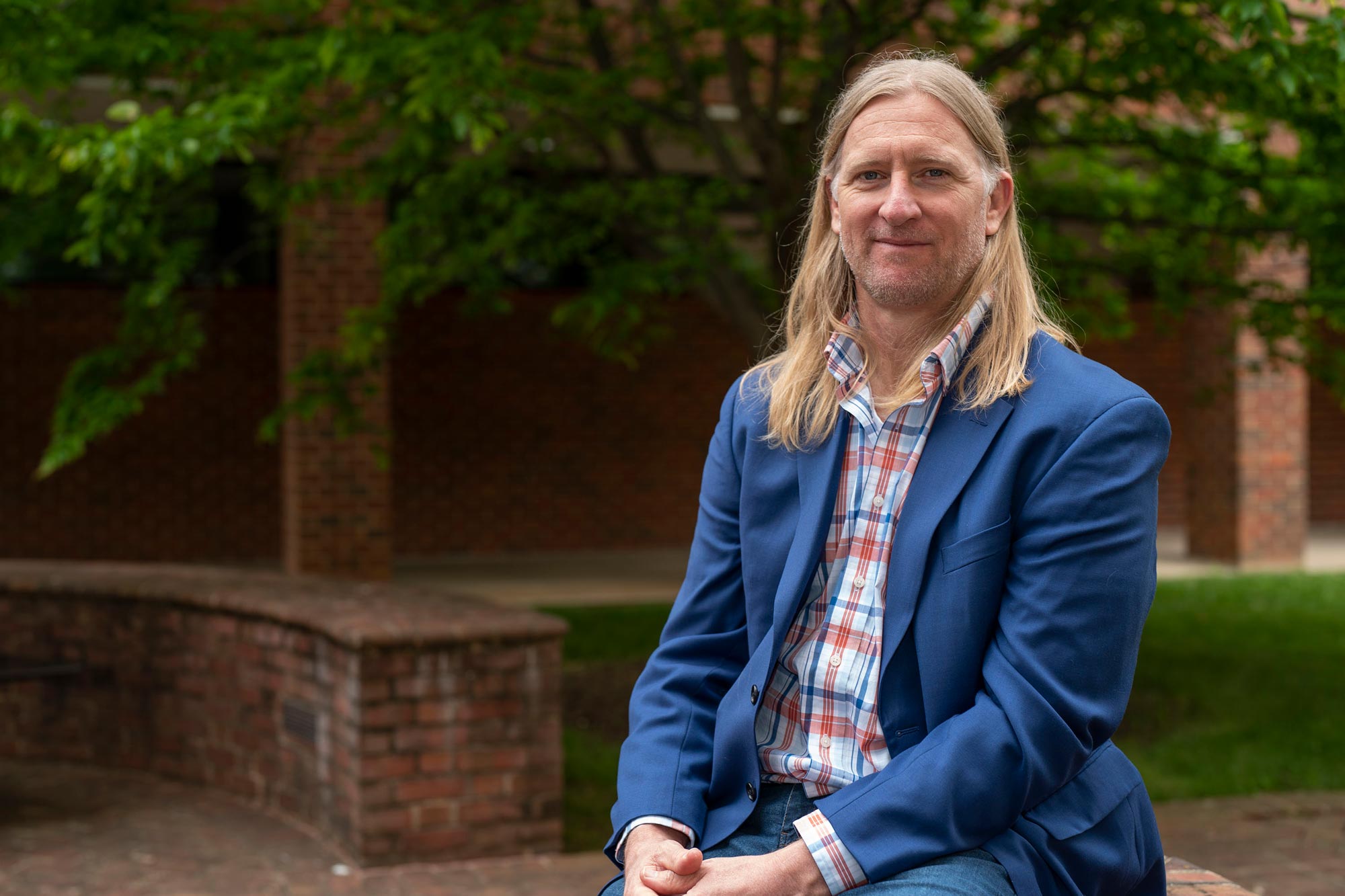“The intervention is more likely to work if you have strong opportunities to belong,” said one of the study’s authors, Chris Hulleman, a UVA research associate professor of education, psychology and public policy who studies educational interventions.
“For parents there are two aspects: one part is readying your child for college, and the other part is trying to understand if a college is ready for your child.”
Hulleman is the father of four children who have shopped for colleges and a fifth who will be in the market soon. He said it has been hard for him, even as a white middle-class college professor who studies the topic, to help match his children to the schools that are best for them. He can sympathize with other parents who are struggling to do the same.
Dropping Out Versus Fitting In
Dropping out has become a staggeringly large problem that affects almost every identity. Of college students nationwide, 40% will exit before obtaining a degree, with 25% leaving in their first year.
Students who find themselves in a racial minority will be more likely to abandon a degree, as will people from lower incomes or first-generation college backgrounds.
UVA was not one of the schools studied and has a relatively high graduation rate of about 95% overall, but researchers say no institution is a stranger to the issues. Dropping out is a risk for just about anyone who doesn’t feel a strong sense of embrace and support, Hulleman said.
The new study builds on previous efforts, including an initial study of “an unnamed selective institution” that sought to understand why African Americans with similar high school credentials as their white counterparts more often struggled with completing their degrees.
“The original study was looking to address those same concerns about belonging, and those kinds of concerns are pretty common,” Hulleman said. “Am I smart enough? Am I good enough to fit in? Many of those concerns are temporary and fade over time, but not all. If you’re a Black student, for example, you can still experience racism.”
Gregory M. Walton, a Stanford psychology professor who has led all of the research, found that with both the online PERTS tool – reinforcing the idea that everyone struggles in a new setting – and meaningful opportunities to feel both valued and helped by the community, the achievement gap for Black students was reduced by about 50% from sophomore to senior years, helping those students finish college and go on to greater success.
Examples of activities that fostered belonging include faculty mentoring and being included in study groups.
Walton tested his results at other schools before expanding the research in 2015-16 to as many schools as were willing to opt in, resulting in the findings released this week. The ambitious partnership between experimental psychologists and university administrators was dubbed “the College Transition Collaborative.”
The study found that the likelihood of completing the first year of college increased in experiment participants by 2%.
The research found that 85% of students in the control group self-reported medium to high feelings of belonging in a spring survey. In 15% of that group, no effect was found, which Hulleman attributes to a lack of active school support for the kind of belonging opportunities that matter. That was reinforced by students' survey responses about their educational experiences.
What Parents Can Do
Hulleman said, given the results, parents can’t relax after helping their children become “college ready.” Besides knowing if a college is generally considered a good school, a little more research is required.
“Institutions can do a lot to either support or thwart your belonging,” he noted.
He advised parents to learn as much as possible about the graduation rates of students from similar family backgrounds. The schools themselves and the U.S. Department of Education can provide a lot of this data.






